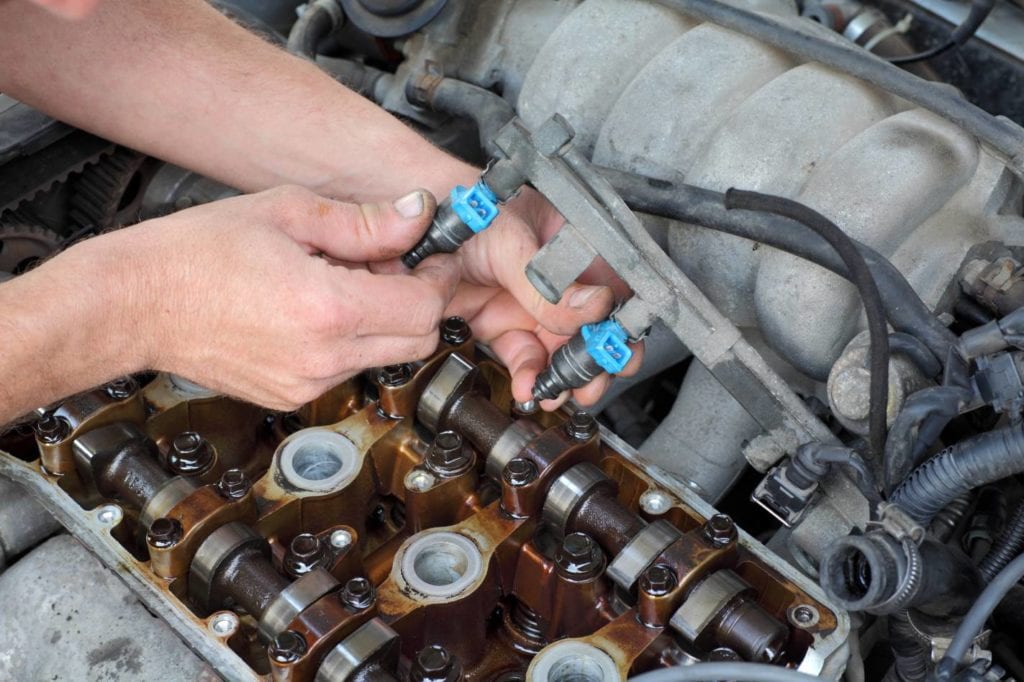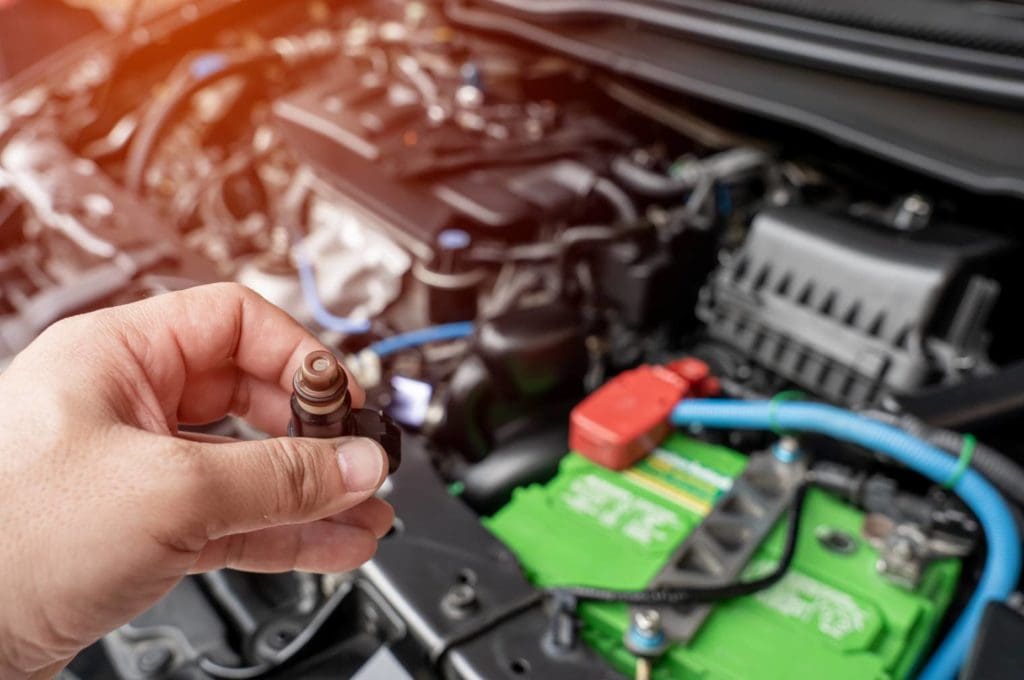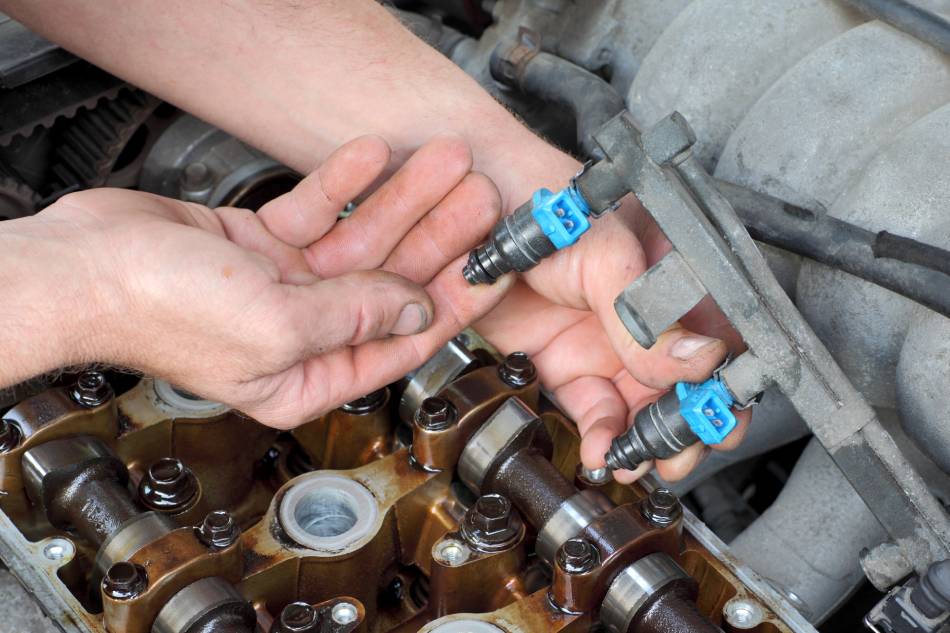How Often Should You Clean Fuel Injectors? Signs, Facts & FAQ
-
Codee Chessher
- Last updated:

Cars require a ton of maintenance to keep running, and the parts that sometimes get overlooked are the fuel injectors. These injectors are critical to helping keep your car’s engine clean and running smoothly. Because fuel injection technology has improved a lot over the years, newer cars don’t need their fuel injectors cleaned as often as older cars.
Cars built after 2014 can go as long as 45,000 miles or 3 years between cleanings, while older cars will need more frequent cleanings. Aim for every year or 20,000 miles to be safe. However, a lot of factors go into how much gunk your engine produces, potentially affecting how often the fuel injectors should be cleaned. Let’s check out what you need to know to keep your car healthy.
How Do Fuel Injectors Get Dirty?
Fuel injectors take gasoline from your fuel tank and spray it into the engine, which is more efficient than simply squirting gasoline. The injectors are typically controlled with computers that make them extremely efficient, but that doesn’t make them perfect. As the injectors spray fuel, gunk from the combustion process builds up on the tips of the apertures, making them less efficient at delivering fuel.

How Do I Know My Fuel Injectors Need to Be Cleaned?
There are some telltale signs that your fuel injectors are getting gunked up, while others are more subtle. Let’s check out some of them so you can tell if your fuel injectors need to be cleaned, or what to watch for in the future.
- Reduced gas mileage
- Difficult to start your car
- Poor performance
- Idling
- Throttle issues
The longer you neglect these symptoms, the worse they will get until you clean your fuel injectors. It’s essential to have your injectors cleaned if you notice one or more of these problems.
How Are Fuel Injectors Cleaned?

Modern-day gasoline has detergents and additives that slow the buildup of gunk on fuel injectors, prolonging their life. However, it can’t remove it all, and your injectors will eventually get dirty again.
Thankfully, there are some simple-to-use additives you can pour into your fuel tank to help clean the injectors. These are made with a special formula including jet fuel, detergents, and other additives that clean your injectors as you drive your car. Typically, you add one bottle of additive when you fill up your car and then drive as normal.
However, those treatments only work for so long. If those additives are no longer doing the job, you may need to have the fuel injectors removed and cleaned. If you have some tools and mechanical experience, you may be able to do the job yourself, but we don’t recommend it for beginners.
If you opt to take your car to the shop, fuel injector cleanings typically average $50 to $80, depending on the make and model of your car. Professional cleanings are the best way to keep your fuel injectors clean, although some new cars recommend you have the manufacturer do it.
What Happens If I Don’t Clean My Fuel Injectors?
Technically, you can still drive with dirty fuel injectors, but it’s not ideal. Over time, the dirty injectors can cause damage to your engine by not delivering fuel as effectively. This will cause black smoke, bad engine performance, and other obvious symptoms at first. Left alone long enough, you risk serious damage to the engine that can require extensive and pricey repairs.
In Conclusion
Fuel injectors are a vital part of any car and having them cleaned will go a long way toward helping your car stay healthy. By keeping the injectors cleaned, you help prolong their life and prevent damage to your engine, which helps save money on repairs over time. By cleaning your injectors every 45,000 miles or 3 years, or more frequently for older cars, you’re doing your car a huge favor.
- See Also: Which Fruits Are Best For Juicing?
Featured Image Credit: Sima, Shutterstock
Contents
